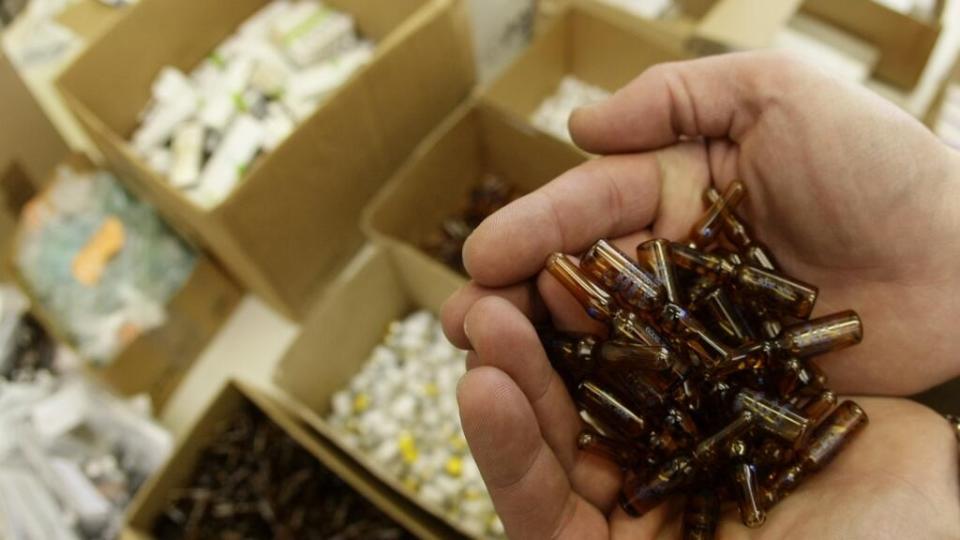Paris Olympics puts high-tech crackdown on doping to the test

In the battle against drug use at the Paris Olympics, the International Testing Agency plans to deploy a more streamlined, high-tech approach to identify and target potential cheats.
According to ITA Director General Benjamin Cohen, the potential tools at the agency's disposal include biological and performance passports as well as a mountain of other data.
Upgraded software – possibly using artificial intelligence – could also help, while an investigative unit aided by whistleblowers was making inroads, along with increased cooperation with sports bodies and police.
The ITA – which was founded in 2018 – runs the anti-doping programme for the Olympics, the Tour de France and "more than 65 international organisations".
For Cohen, a Swiss lawyer who has headed the agency since its creation, the challenge is to refine the "risk analysis" and identify athletes to monitor using as little time and resources as possible.
The problems, however, have been accentuated in the run-up to the Paris Games.
"We still have 30,000 potentially qualifying athletes and we cannot wait to have the final list to focus on the 11,000 participants," Cohen said.
"Certain doping practices enable athletes to achieve results very quickly," he said.
"Traditionally the pre-Olympic period is high-risk time ... the last moment to make a difference.
Read more on RFI English
Read also:
Former athletics chief Lamine Diack jailed for four years for corruption
Russia handed four-year ban from Olympics, World Championships for doping
Police arrest members of Quintana team in Tour de France doping investigation

 Yahoo Sports
Yahoo Sports 
